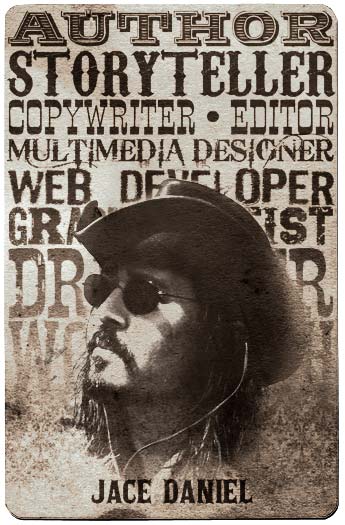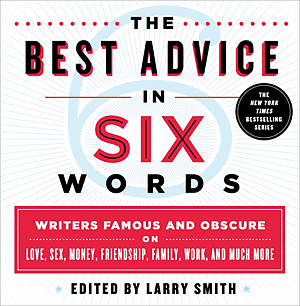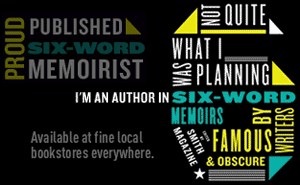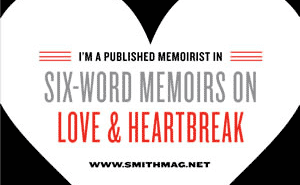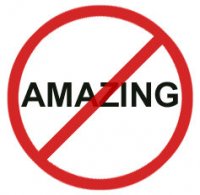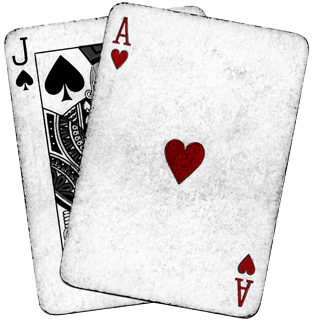2006 was a year of reading and writing for me. As I banged out my first screenplay, I plowed through nearly twenty books on the subject, along with numerous essays and screenplays. I’ve always found that studying a subject this way is a better use of hours than going to any class and listening to any teacher. I suppose the classroom is a good starting point for some people, but I’ve never really been a big fan of school outside of what it can offer in the way of credentials, and perhaps the social advantages. As Einstein said, “I never let school interfere with my education.”
A crash course it was. For permanent record, I figured I’d blog a list of the best ten I remember reading in 2006, and what I can remember from each read.
I started by reading a couple forgettable textbooks that you’d read in a formative writing class, and they’re relatively weak in hindsight. I’ve found it best to start off by hitting the five star tomes and going with it. Book up on some theory, and then find your style. It’s an awesome experience.
To start, I found the following mandatory reading. Probably in this order.
1. The Writer’s Journey: Mythic Structure for Writers, by Christopher Vogler
Awesome primer for the craft of storytelling. Learn the tried and true formulas that have been around as long as myth itself. Based on classic Campbell teachings.
2. Screenplay: Writing the Picture, by Russin and Downs
Good stuff.
3. Story, by McKee
Probably overrated, but a mandatory read if for no other reason than giving yourself the chance to judge for yourself. You’ll also enjoy it if you’re a fan of the film “Adaptation”.
Go through the essays.
5. The Screenwriter’s Bible, by Trottier
Get your chops down. Format’s a huge part of the medium. It’s like learning your HTML.
6. The Screenwriter’s Problem Solver, by Syd Field
Good to go through upon finishing your first draft. Pay close attention to his discussion of “pinches” on pages 45 and 75, and then go read:
A clinic, this one. Wow.
At this point, you’re probably somewhere with your own stuff, and beginning to discover your characters and all the possibilities available to you with devices of themes and metaphor. MUST READ:
8. Between the Lines, by Jessica Page Morrell
Another good read:
9. Psychology for Screenwriters, by William Indick
Other uneventful reads (for me, anyway) included the other Syd Field titles, and a lame thing called “Making a Good Script Great”, by Seger. There are so many typos in there the pure hypocrisy of the title just pissed me off. Don’t bother.
Industrial books on the business include “Breakfast with Sharks” and a waste of paper called “Cool Million”. The former’s good. There was also another thing called “The Savvy Screenwriter” that I can’t remember anything about.
And I forgot about this one. Last, but not least, MUST READ:
10. The 101 Habits for Highly Successful Screenwriters, by Karl Iglesias
Do this one once you’re locked into the meat of your project. Nice life inspiration stuff in it.
Other speed reads included “Aristotle’s Poetics for Screenwriters”, which applies some of the pre-cinematic Aristotelian theories to more contemporary applications. Not bad. Also browsed through the classic “The Art of Dramatic Writing”, but found it somewhat dated and a chore to get anything from. I’m currently in the middle of “Stealing Fire from the Gods” and “The 3 A.M. Epiphany“, which are both good so far.
When you’re done with your first/second/third draft, go back to #1 and review Vogler’s model. Make sure it fits. If you’ve worked hard, you could be pleasantly startled to realize that you really have something worth being proud of. Sit back and smile. 
To supplement all this cramming, I read several screenplays. Below are the most notable:
— The Game
— Fight Club
— The Sixth Sense
— Thelma and Louise
— Pulp Fiction
— The Usual Suspects
— Raiders of the Lost Ark
— Platoon
— Rear Window
— Back to the Future
— Boyz n the Hood
— Sea of Love
— Jacob’s Ladder
— The Matrix

